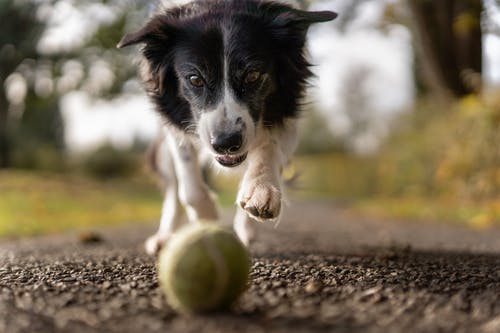
As a pet owner, one of the most challenging moments you may face is when your beloved furry friend has to undergo surgery. Whether it’s a routine procedure or something more complex, it can be stressful for both you and your pet. Knowing what to expect can help ease your anxiety and ensure that you are well-prepared for the big day. In this guide, we’ll walk you through what to expect during your pet’s first veterinary surgery, including pre-surgery preparations, what happens during the operation, and how to help your pet recover afterward.
Pre-Surgery Preparations
Once you know that your pet will be undergoing surgery, it’s time to start preparing them and yourself for the experience. First things first, you should identify an experienced and skilled veterinary surgeon to perform the procedure. This is incredibly important, and you should select a reputable animal hospital, such as at their animal hospital in Greeley, to ensure that your pet receives the best possible care.
Schedule Pre-Operative Examination
Before the surgery, your vet will need to perform a thorough pre-operative examination on your pet. This examination helps the veterinarian identify any potential risks or complications that may arise during the surgery. It’s important to discuss any concerns or questions you may have with your veterinarian during this time.
Follow Pre-Surgery Instructions
Your veterinarian will provide you with specific instructions on how to prepare your pet for surgery. This may include fasting your pet for a certain period or administering medication in the days before the surgery. It’s essential to follow these instructions carefully to ensure your pet’s safety during the procedure. You can check out this link too to learn more about it.
Prepare Your Home Environment
It’s also important to prepare your home for your pet’s return after surgery. Create a comfortable and quiet space for them to rest and recover, away from any potential hazards. You should also have a plan in place for any post-operative care, such as administering medication, wound care, or physical therapy, if necessary.
During the Surgery
While it’s natural to feel anxious about your pet’s surgery, it’s crucial to trust the expertise of your chosen veterinary team. Animal hospitals employ experienced and highly trained staff members who have likely performed many similar procedures in the past. Your pet is in good hands, and the team’s primary goal is to ensure their health and well-being during the surgery.
Anesthesia
One of the aspects many pet owners worry about is their pet going under anesthesia. While it’s true that there are some risks associated with anesthesia, modern-day anesthetics are much safer than they were in the past. Rest assured that the veterinary team closely monitors your pet throughout the procedure, adjusting the anesthesia as needed for the duration of the surgery.
Monitoring Your Pet’s Vital Signs
Throughout the operation, the surgical team uses various monitors and equipment to keep a close eye on your pet’s vital signs. By doing so, they can quickly identify any changes in your pet’s condition and make any necessary adjustments to ensure their safety during the procedure.
Post-Surgery Recovery
Once the surgery is complete, your pet’s recovery begins. The veterinary team closely observes your pet as they wake up from anesthesia, ensuring they’re stable and comfortable. Most surgeries will require your pet to stay in the animal hospital overnight or for a few days, depending on the complexity of the surgery and their recovery progress.
Pain Management
It’s crucial to ensure that your pet is as comfortable as possible during their recovery. This generally involves a pain management plan created by their veterinary internal medicine team. It may include administering pain medications, using heat or cold therapy, or providing a suitable joint supplement, depending on your pet’s specific needs.
Wound Care and Post-Operative Care
Proper wound care is incredibly important during your pet’s recovery to avoid complications such as infection. You should closely follow any instructions given to you by your veterinarian regarding post-operative care, like changing wound dressings and administering prescribed medications.
Follow-Up Visits
It’s essential to schedule regular follow-up visits with your veterinarian after the surgery. These appointments allow the vet to monitor your pet’s recovery progress, ensure the wound is healing correctly, and address any complications or concerns that may arise. Communication with your veterinarian during this period is key to a successful recovery.
To End
In conclusion, while your pet’s first veterinary surgery may be a stressful experience for you both, being well-prepared and understanding what to expect during the entire process can greatly help alleviate some of your anxiety. Always remember that your chosen veterinary team is committed to your pet’s well-being and will take every possible precaution to ensure their safety during surgery and recovery. By working closely with your veterinarian and following their guidance, you’ll give your pet the best possible chance for a successful outcome and a speedy recovery.
